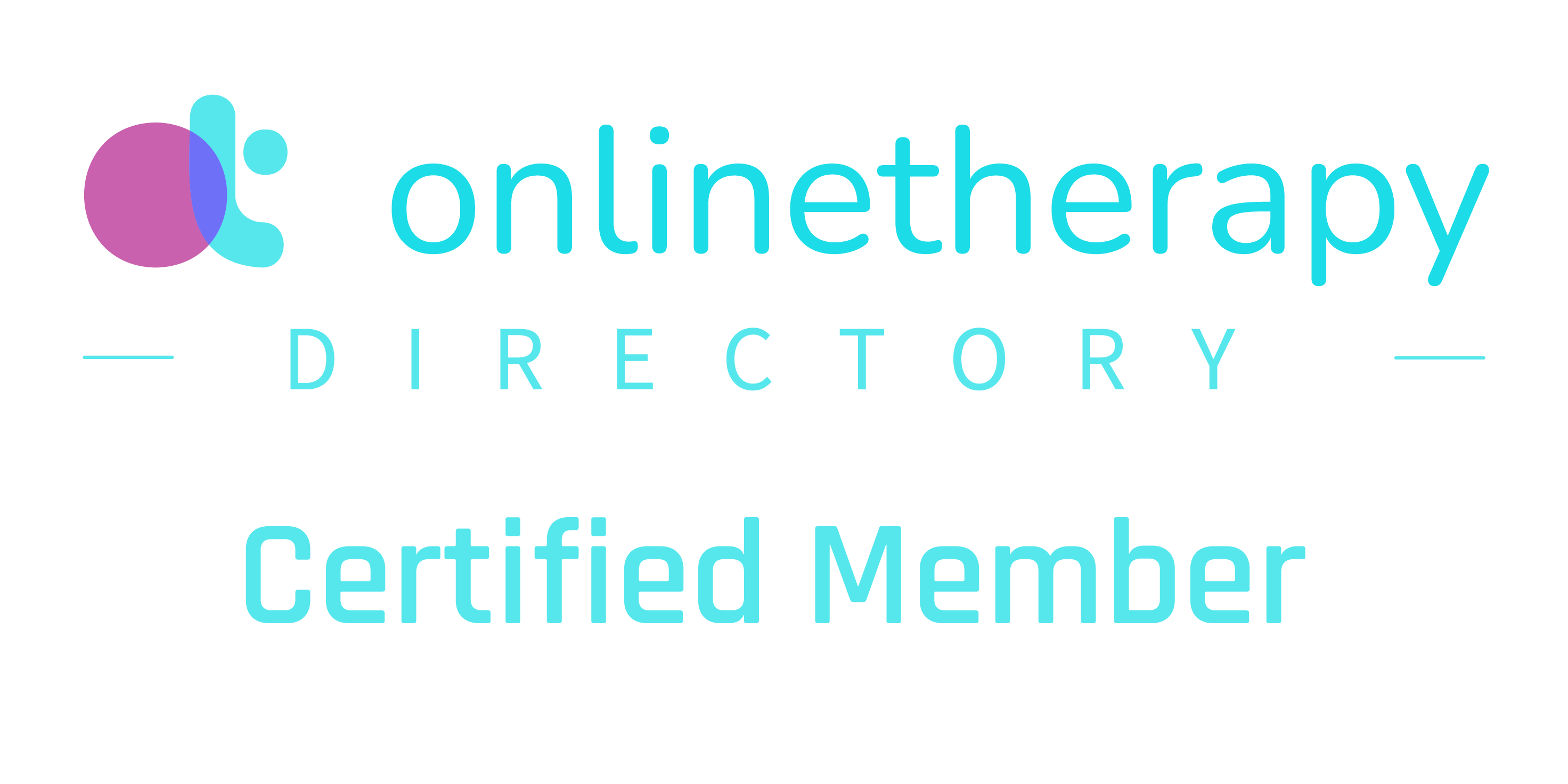Picking up the pieces after a traumatic event is challenging. Trauma is also known as Post Traumatic Stress Disorder or PTSD. Most people will associate PTSD with active military members. However, anyone can experience a traumatic event.
CBT for PTSD Can Help
But, no matter what you went through, it can feel as if the trauma follows you everywhere. A traumatic event can be anything from a car accident, natural disaster, or being a victim of a crime. Additionally, you can also experience trauma even if you were just a witness to it.
It’s also important to say that what is traumatic is highly variable depending on the person and circumstances. Trauma can take many forms. CBT for PTSD can be very helpful in learning to heal from trauma. Of the psychotherapy approaches available, CBT for PTSD, is helpful at reducing PTSD symptoms.
PTSD has a variety of symptoms and triggers that are associated with it. Some of these may include:
- Intrusive memories
- Avoidance
- Hypervigilance
- Negative thoughts
- Changes in mood
- Lack of interest in activities
- Flashbacks
- Panic Attacks
- Sleep Disruption
- …and so much more.
Someone who is experiencing PTSD symptoms may withdraw from their social support systems. PTSD is very intrusive on a person’s life and often leaves them feeling lost. However, there are ways to counteract the negative effects of PTSD. One of these is through a therapeutic method known as Cognitive Behavioral Therapy (CBT). CBT for PTSD can be very helpful in teaching people tools to help overcome the trauma and heal.
What Is CBT?
CBT is a scientifically proven approach for treating disorders such as anxiety, depression, and PTSD. CBT is unique because it focuses on the connections between your thoughts, emotions, and behaviors, and how they all influence one another. And Cognitive Behavior Therapy also is based on the latest neuroscience and understanding of how our brains work (and how we can train our brains to work for us).
CBT for PTSD is effective because it challenges the negative thought patterns and cycles that take place in your mind. It challenges them by replacing them with supportive and helpful thoughts and emotions. As your brain is essentially retrained with CBT, it helps to counteract the negative thoughts naturally. It is a process that takes effort but is highly effective to help turn things around for you.
CBT Can Promote Healing Through Reframing Thoughts
CBT for PTSD is a fantastic approach that promotes the healing process in a person’s mind and soul. This is essential for those who have gone through a traumatic event. After a traumatic event has occurred, if left untreated, it can leave a lasting, negative mark on a person’s life. As your brain recalls the memory, this is where the negative feelings and emotions come into play, contributing to symptoms such as panic attacks, avoidance, sleep difficulties, flashbacks and hyper-vigilance.
CBT for PTSD helps to move the healing process forward by reframing thoughts. With someone who experiences PTSD, they will often avoid any situation that remotely resembles their trauma, such as avoiding driving if they were in a car accident. From that point forward, their traumatized brain understandably makes them believe that something bad could happen anytime they are behind the wheel in order to keep them safe.
CBT for PTSD works to replace these negative thought cycles by challenging them with realistic and supportive ones. In the example above, it challenges it by saying, “What evidence do I have that something bad will actually happen? Where is the solid, definitive proof of what I believe? What would be most helpful to say to myself in this moment of struggle?”
Safe and Controlled Exposure
Take this for an example. If someone were to witness a crime in a large crowd, they will more than likely avoid any crowds from that point forward. Even if it is in a completely different setting, most people who have gone through a traumatic event will start to avoid it but healing comes from facing feared situations.
In a safe and controlled way, a licensed mental health counselor, who has specialty training in cognitive behavior therapy (in the USA) or an accredited CBT therapist with the BABCP (in the UK) will help you overcome this by walking you through similar experiences from the safety of their office or online from a location that you choose and where you feel safe. In this way, you can safely recall the trauma and any triggers that may occur.
CBT for PTSD includes facing feared situations in a graded and systemic manner. This exposure therapy is done collaboratively with the therapist where the client chooses what to do and what pace to do things at. The goal of it is help return the sense of control a person feels over their own life, find deeper meaning and appreciation of life in their post trauma lives.
PTSD can be extremely intrusive and debilitating on a persons’ life. It can alter every aspect of it, leaving the person experiencing it lost, confused, and anxiety ridden. While it can feel like a very isolating experience, you are not alone with this struggle. And PTSD therapy can be very effective. Click to read more about Cognitive Behavior Therapy and Online CBT.
—
I am a Licensed Mental Health Counselor in Hawaii and an Accredited CBT Therapist in the UK with over 15 years of experience. I specialize in anxiety and life transition treatments, including PTSD therapy. I have received advanced specialist training in Cognitive Behavior Therapy and Compassion Focused Therapy. Please feel free to contact me at my Honolulu or London clinic to set up a CBT for PTSD Test Drive.



